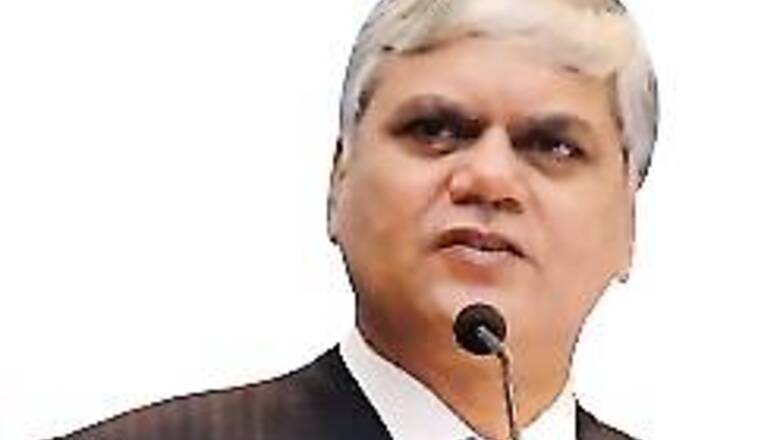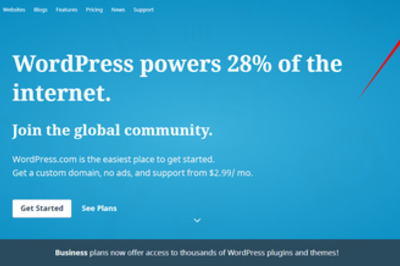
views
The Government on Wednesday announced a steep hike in petrol, diesel and LPG prices. The Left has decried the move as suicidal, joined in by the BJP. While the govt claims this will curb inflationary trends, experts feel otherwise.
What will the repercussions, political and economic be? What can the common man expect next?
Narendra Taneja, an expert on the oil, gas and energy sector and the South Asia Bureau Chief for the world's largest oil and gas newspaper, Upstream, joined us for a webchat soon after the Centre hiked fuel prices.
Srini: I think this is a bold and right move by the government especially in an election year. How long will the govt. issue oil bonds for bleeding PSUs. In due time if crude oil prices fall prices can be brought down. What is your take on this?
Narendra Taneja: Oil bond mechanisms is no solution anyway. The future generations will have to pay for this. It is not a reasonable solution, expecting future generations to pay for the present. As an instrument, I think it is simply not fair.
Cheena: Why doesn’t P Chidambaram cut the taxes? Anyways, due to high consumption he would get revenue. Why don’t the Govt impose zero tax and take off the subsidies on petrol and diesel?
Narendra Taneja: Such drastic changes can't be done overnight. Keeping in mind that this is an election year, the government has launched many schemes for garnering votes. And such schemes need a lot of money. The entire political environment is such that to bring about any major change in terms of tax rationalisation, modernisation of the petroleum sector, giving autonomies to state-owned companies etc will not be easy. But at the same time, this is the only way forward. Unless there is a national consensus cutting across party lines, the mess will continue.
Kavita Kaur:Is the fuel price hike likely to give the much-needed push to renewable energy in India?
Narendra Taneja: Yes and no. Yes, because that would force public opinion and policy makers to think more in terms of alternatives. At the same time, the fact remains that there is no alternative to oil for next 20 years. Oil will remain the king for the next 20-25 years. Even if we start investing in alternatives heavily today, it will take a decade before those measures are effective. The best and the most sustainable alternative for a country like India is a nuclear power plant at every 300 kms. If we don't go ahead with the nuke deal, India has had it. And this is not out of love for America, but love for India.
Vivek: Good afternoon, Narendra. Out of all commodities, why are only petroleum products charged with such heavy duties and taxes?
Narendra Taneja: Good afternoon, Vivek. All countries depend heavily on the petroleum sector for duties. Some have modernised and reduced their dependence. But developed nations like Britain and India are still following the old archaic model. For eg, 50% of the Govt of India's total excise collection comes from the petroleum sector. The GoI should rationalise this.
Independent: Is it fair for the OPEC oligopoly to exploit us?
Narendra Taneja: OPEC is a cartel, it behaves like one. Earlier, the US exerted huge influence on OPEC. Since 9/11 things have changed much. Saudi Arabia has adopted 'Look East' policy. Public sentiment in the Middle East, an important oil producing area, has turned against the US. OPEC nations have started preparing for a future without oil. They have opted for a simple strategy, following in the footsteps of Dubai in terms of adopting a future economic model. New major oil-importing countries like India and China have not launched any official protest with the OPEC for political reasons.
Sandeep: What is the reason for a global price hike for fuel?
Narendra Taneja: A variety of reasons. 1.Geopoilitical concern over Iraq, West Africa and Venezuela in Latin America. 2. Serious concerns on the supply side with OPEC behaving more independently than ever before. The recent Bush visit to Saudi Arabia didn’t cut any ice on the issue. 3. Role of speculators in commodity market in London, New York. Some are genuine, while majority is speculation. 4. At the same time, there is an increased demand for petroleum products and crude oil, particularly from China, after the earthquake. China itself is looking at uninterrupted power supply during the Olympics, so it is sourcing diesel from wherever to ensure the same. This is also an important factor.


















Comments
0 comment